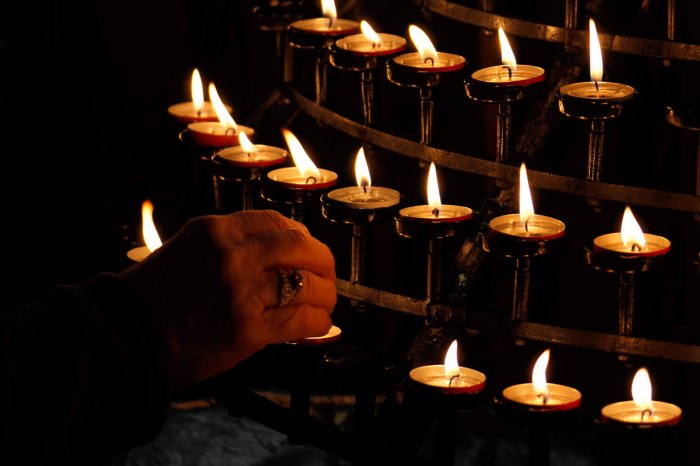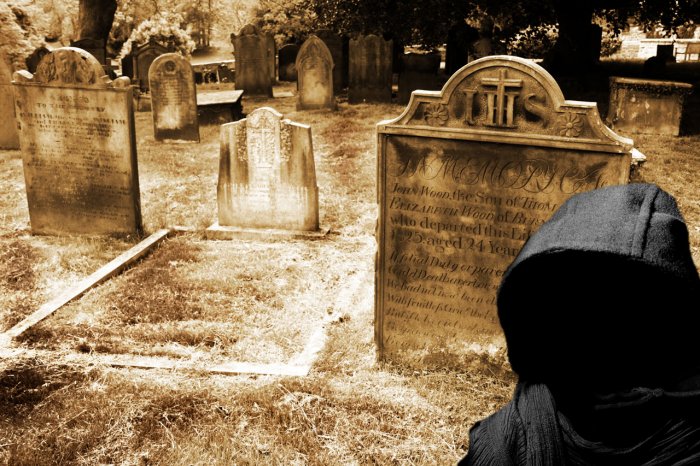MessageToEagle.com – Many of us have wondered whether death is really the end of our existence? Is there an afterlife, will we perhaps be re-born again or is death simply just the end?
Religious people have various concepts of death and nearly all the religions believe in afterlife, reincarnation, heaven and hell, or soul. These beliefs should help religious people face death. How do atheists deal with death? Who do you think fear death most? Atheists, religious people or those who are in-between? The answer to this question may be somewhat surprising to some.

Researchers at the University of Oxford have conducted a study to find out who is most afraid of dying.
As the researchers point out, religion has long been thought to be a solution to the problem of death. Notions of an afterlife are nearly universal, though there is great diversity in the details.
Religion, Atheism And Death – A Complicated Picture
This would suggest that religious people should not be afraid of dying, but as the study reveals, the big pictures is much more complicated than so.
It shows that the very religious and atheists are the groups who do not fear death as much as much as those in-between in a paper published in the journal, Religion, Brain and Behavior.
It should be noted that most of the studies were conducted in the United States, with a small number carried out in the Middle East and East Asia.
See also:
Arguments Why God (Very Probably) Exists
Controversial Study Links Religious Fundamentalism With Brain Damage
Mystery Of Our Coded DNA – Who Was The ‘Programmer’?
Divine Knowledge – Is God A Mathematician?
To find out who was most afraid of death, scientists examined 100 relevant articles, published between 1961 and 2014, containing information about 26,000 people worldwide.
When they combined this data, they discovered that higher levels of religiosity were weakly linked with lower levels of death anxiety. The effects were similar whether they looked at religious beliefs such as belief in God, and an afterlife, or religious behavior like going to church, and praying.
Difference Between Intrinsic Religiosity And Extrinsic Religiosity
In their science paper, scientists point out it’s important to understand the difference between intrinsic religiosity and extrinsic religiosity
Extrinsic religiosity is when religious behavior is motivated by pragmatic considerations such as the social or emotional benefits of following a religion, whereas intrinsic religiosity refers to religious behavior driven by ‘true belief’.
Who Fears Death Most?
The study showed that people who were intrinsically religious enjoyed lower levels of death anxiety, and those who were extrinsically religious revealed higher levels of death anxiety.
The findings were mixed across the studies, with only 30% of the effects showing this finding. Surprisingly, perhaps, 18% of the studies found that religious people were more afraid of death than non-religious people; and over half the research showed no link at all between the fear of death and religiosity.
Researchers also note that the relationship between religiosity and death anxiety may not be fixed, and can differ from context to context. This makes it difficult to estimate how the pattern varies from culture to culture, or religion to religion.
“Religious people are less afraid of death than nonreligious people. It may well be that atheism also provides comfort from death,”Dr. Jonathan Jong, research associate of the Institute of Cognitive and Evolutionary Anthropology said.
So what we known based on this study is that atheists are among those least afraid of dying and, perhaps not surprisingly, the very religious.
MessageToEagle.com
Expand for references






